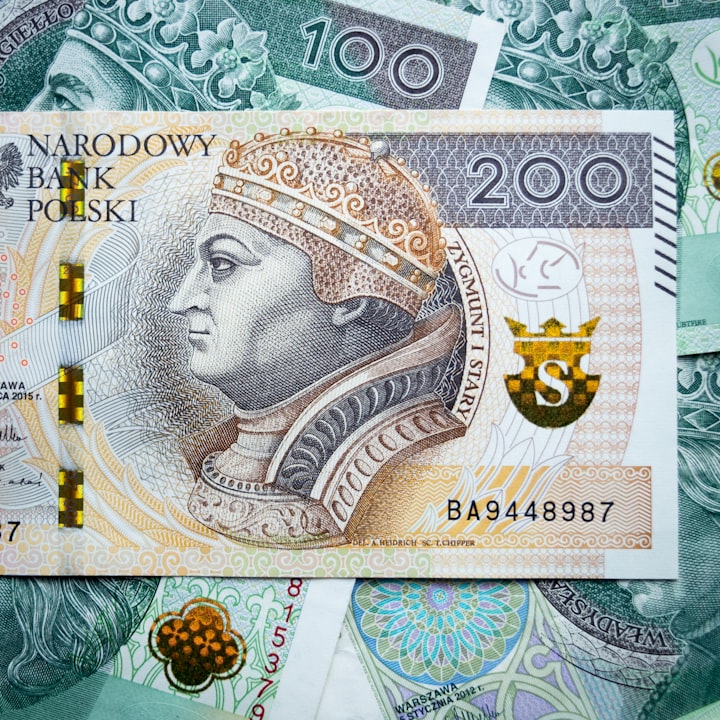Are Monopolies Harming Consumers?
Are monopolies harming consumers? Government intervention and anti-trust regulations ensure fair market practices and protect consumer rights.

Monopolies have shaped industries since the industrial revolution, with giants like oil, coal, and railroad companies reigning supreme.
When a corporation engulfs the market, it tilts the scales in favor of consumers in an unjust manner.
Large enterprises wield the power to set prices and block potential competition.
Government Intervention
To counteract this, the government intervenes, aiming to dismantle the monopoly.
This may involve mandating the company to sell off portions of its business to competitors or breaking it into smaller entities.
By doing so, the government endeavors to restore competition, thereby ensuring fair market practices and safeguarding consumer rights.
Anti-Trust Regulations
Additionally, stringent regulations are in place to prevent multiple companies from collaborating as a single entity.
Anti-trust regulations form the bedrock of maintaining equitable competition in the marketplace.
Historical Precedents
Historically, railroad companies conspired to abstain from offering services in each other's territories, effectively stifling competition and consumer choice.
This prompted government intervention to uphold fair market practices.
Global Impact
Across the globe, governments persistently oversee and regulate monopolistic practices, striving to maintain fair and competitive market environments.
Their objective is to shield consumer rights and thwart the concentration of power in the hands of a select few.
Future Considerations
As technology and industries advance, the modus operandi of monopolies and their impact on consumers will evolve.
Government intervention and anti-trust measures must adapt to ensure that fairness and healthy competition prevail in the market.






